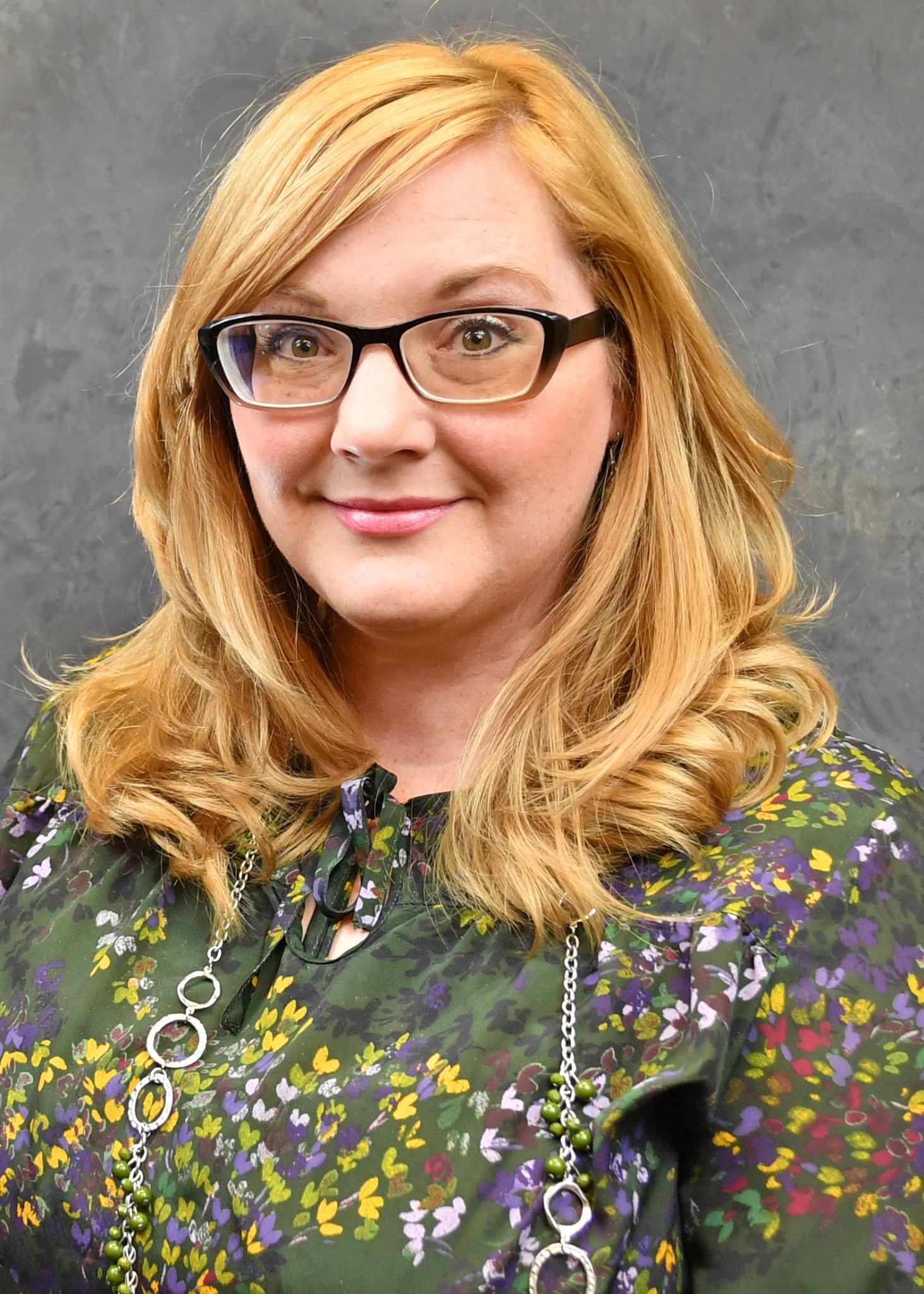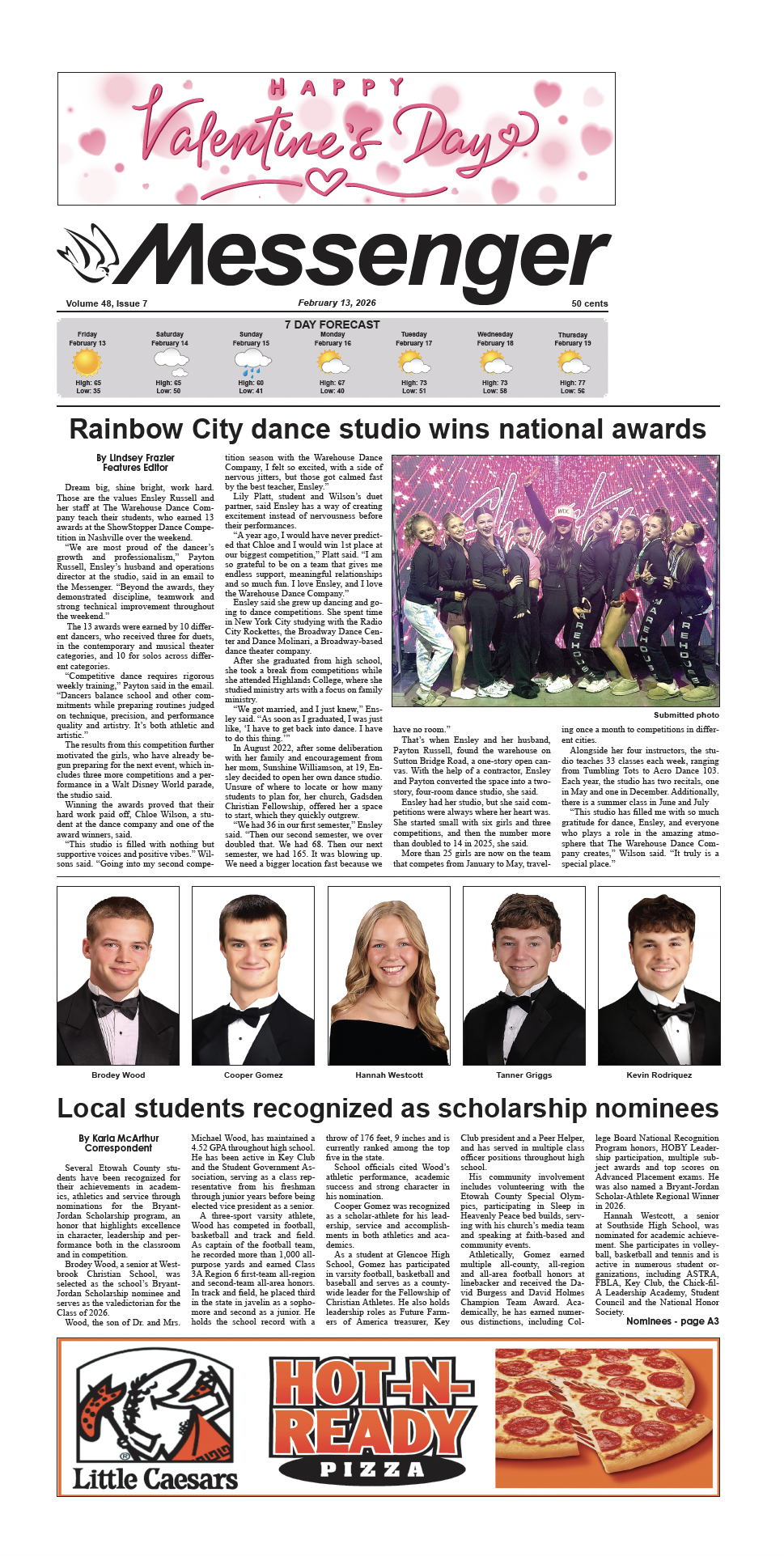By Tabitha Bozeman
In light of the holiday and my current parenting season, I have been thinking a lot about the concept of freedom.
At our house, we have a child who has learned the “I don’t know if you can, but you may” distinction, and has been driving us all a little crazy with the “I don’t know, can you?” responses. However, it really came in handy recently when we had a chat about freedom and rights as we discussed the meaning behind the 4th of July.
It is tempting to use “freedom” and “rights” interchangeably. Freedom, by definition means: the power or right to act, speak or think as one wants without hindrance or restraint; absence of subjection to foreign domination or despotic government; the state of not being imprisoned or enslaved. Rights, by definition means: moral or legal entitlement to have or obtain something or to act in a certain way; that which is morally correct, just or honorable. The two words are closely related and intertwined, but there is an important distinction.
Generally speaking, “freedom” refers to the overarching concept of existing without restraint or compulsion, while “rights” are more specific protections that ensure someone can exercise, or make use of, their freedom.
For some, freedom is the opportunity to learn, to work, to save, to love, to speak, to move, to live as they see fit, without harm to others and without retribution. For others, freedom is viewed as the right to do and say, believe and buy whatever they want, whenever they want without consequence.
How one person views and defines freedom may not match up with the way someone else does. Because we exist in smaller communities within a larger society, there will always be differing opinions and views. Laws exist so that our smaller communities can exercise the same freedoms that large communities may already have. Because we live freely in our country, society and communities we can argue, parse, discuss, change, adapt and develop continuously evolving methods to establish rights and protections.
Teaching my children these concepts is challenging sometimes. Particularly when it comes to the “consequences” part of the freedom and rights discussion. Freedom doesn’t mean there are no consequences.
The freedom to exercise our rights shouldn’t make us forget that there are effects and consequences for every word and action. I am free to behave in any way I choose at work, in the grocery store or at home. There is no one following me around or physically restraining me to make sure I behave or speak in a prescribed way. However, poor decisions often result in the consequence of losing privileges and rights. If I stop doing my job, I could lose the privilege of having it. If I act dangerously in public, I could lose the right to move freely in public places. If I do not take care of my home, it will fall down around me.
Freedom, it seems, comes with a lot of responsibility, and getting responsibility right takes practice. Practice means “to do or perform often, customarily or habitually; to perform or work at repeatedly so as to become proficient.”
As we put away our Fourth of July decorations and enjoy the last of the fireworks and sparklers for this year, may we each look for ways to practice our freedom responsibly, remembering as Faulkner said, that “we must be free not because we claim freedom, but because we practice it.”
Tabitha Bozeman teaches English at Gadsden State Community College, where she is the editor-in-chief of the Cardinal Arts Journal. The opinions expressed are her own. She may be reached at tabithabozeman@gmail.com.




